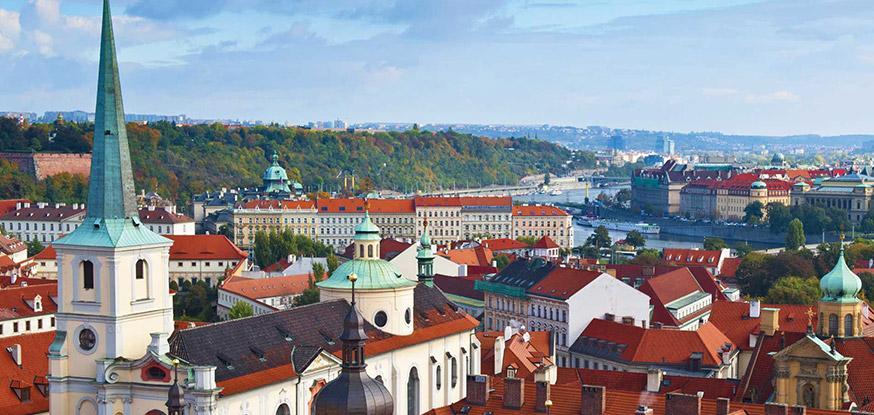The European Commission has found Czech plans to support the creation of a network of refueling and recharging stations for low emission vehicles to be in line with EU state aid rules. The measure contributes to reducing CO2 emissions without unduly distorting competition in the Single Market.
"The Czech scheme is yet another good example of how Member States can contribute to the fight against global warming," said Commissioner Margrethe Vestager, in charge of competition policy. "The scheme will promote alternative fuels and reduce harmful car emissions, and will encourage consumers and businesses to use greener transportation, without distorting competition."
The scheme provides support of €44.5 million over six years for the construction of publicly accessible recharging and refueling stations for vehicles running on alternative fuels such as electricity, compressed natural gas, liquefied natural gas and hydrogen. The infrastructure network will cover the entire country. Companies already active in the alternative fuels sector can apply for this support, which will be awarded in four separate calls for tender, through an open and transparent procedure.
The aid measure was assessed by the Commission under the Treaty on the Functioning of the European Union, which allows Member States to support the development of certain economic activities - in this case improving energy efficiency and reducing CO2 emissions. This is in line with EU energy and climate goals.
The Commission considered the public support appropriate as the Czech Republic demonstrated that the aid was necessary to incentivize operators to develop the national network at the required pace and density.
The measure will encourage a significant uptake of vehicles running on alternative fuels, the Commission said, and therefore make an important contribution towards meeting the common interest of reducing emissions and improving air quality.
The measure is also in line with the European Strategy for low-emission mobility, particularly in terms of speeding up the deployment of low-emission alternative energy for transport and contributing to the decarbonization agenda. Energy efficiency is key to Europe's clean energy transition and a central policy for achieving the Paris Agreement objectives.
The Commission concluded that the scheme's contribution to EU environmental goals clearly outweighs any potential distortion of competition brought about by the public financing and approved the Czech plans under EU state aid rules.

